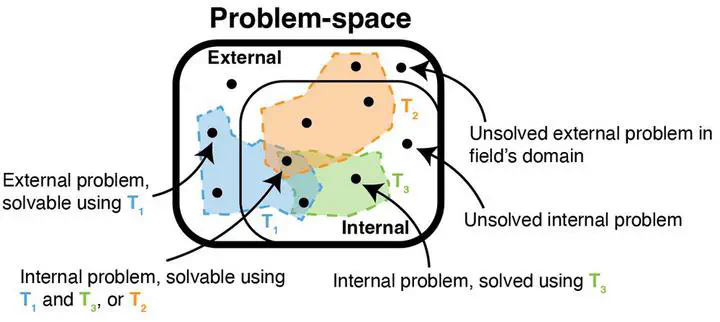
Abstract
The cognitive sciences are facing questions of how to select from competing theories, or develop those that best suit their current needs. However, traditional accounts of theoretical virtues, focused on their epistemic justification, have not yet proven informative to theory development in these fields. We advance a problem-centric, or pragmatic, account by which theoretical virtues are heuristics we use to estimate the degree to which a theory increases the problem-solving efficacy of a field’s body of knowledge. From this perspective, what are traditionally considered epistemic virtues can be couched in terms of their coverage of problems in a field’s domain, or problem-space, and additional virtues come to light that reflect a theory’s ability to facilitate its use by problem-having agents and its context in a societally-embedded scientific system. This approach helps us understand why the different needs of different fields result in different kinds of theories, and allows us to formulate the challenges facing cognitive science in terms that we hope will facilitate their resolution through further theoretical development.